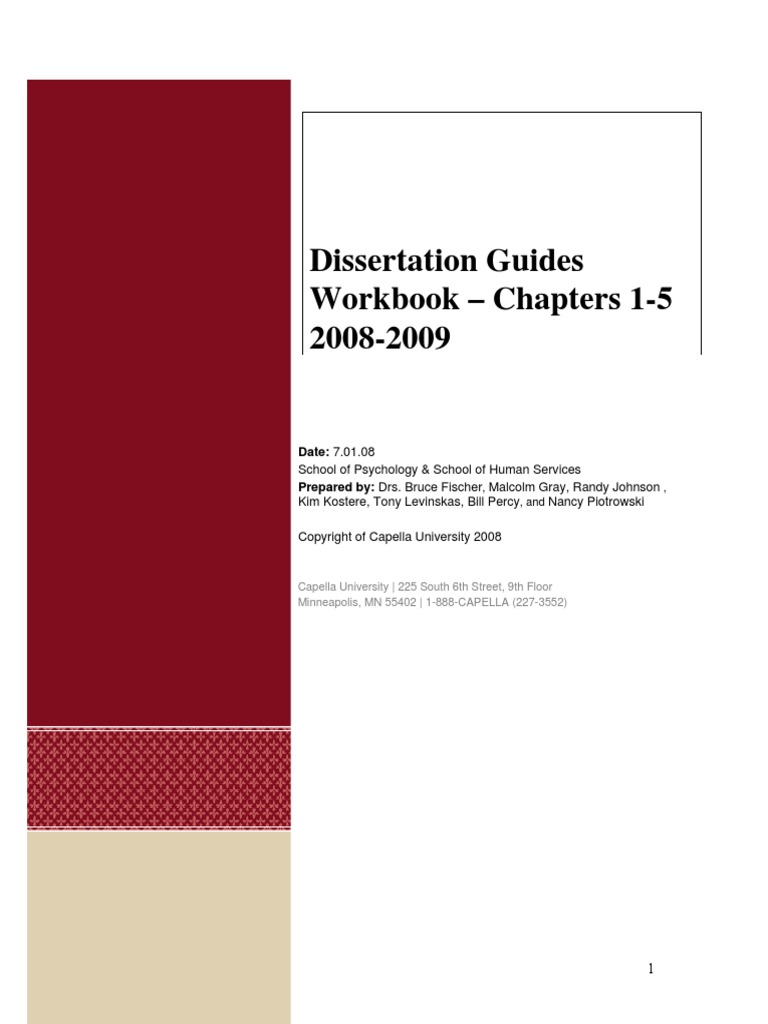
Nature of Qualitative Research versus Quantitative Research
· Validity refers to how accurately a method measures what it is intended to measure. If research has high validity, that means it produces results that correspond to real properties, characteristics, and variations in the physical or social world. High reliability is one indicator that a measurement is valid · What seems more relevant when discussing qualitative studies is their validity, which very often is being addressed with regard to three common threats to validity in qualitative studies, namely researcher bias, reactivity and respondent bias (Lincoln and Guba, ) 2 days ago · There are different forms of research validity and main ones are specified by Cohen et al () as content validity, criterion-related validity, construct validity, internal validity, external validity, concurrent validity and face validity. Measures to ensure validity of a research include, but not limited to the following points

Table of contents
· Validity is based on the researchers' belief of how accurate the findings are. Based on this context, qualitative validity is done when the researcher checks for the accuracy of their findings through employing specific procedures. On the other hand, reliability is based on the consistency of the researcher on various projects and researchers · Validity refers to how accurately a method measures what it is intended to measure. If research has high validity, that means it produces results that correspond to real properties, characteristics, and variations in the physical or social world. High reliability is one indicator that a measurement is valid 2 days ago · There are different forms of research validity and main ones are specified by Cohen et al () as content validity, criterion-related validity, construct validity, internal validity, external validity, concurrent validity and face validity. Measures to ensure validity of a research include, but not limited to the following points

What is Reliability?
· Validity refers to how accurately a method measures what it is intended to measure. If research has high validity, that means it produces results that correspond to real properties, characteristics, and variations in the physical or social world. High reliability is one indicator that a measurement is valid 2 days ago · There are different forms of research validity and main ones are specified by Cohen et al () as content validity, criterion-related validity, construct validity, internal validity, external validity, concurrent validity and face validity. Measures to ensure validity of a research include, but not limited to the following points · What seems more relevant when discussing qualitative studies is their validity, which very often is being addressed with regard to three common threats to validity in qualitative studies, namely researcher bias, reactivity and respondent bias (Lincoln and Guba, )

References
· Validity is based on the researchers' belief of how accurate the findings are. Based on this context, qualitative validity is done when the researcher checks for the accuracy of their findings through employing specific procedures. On the other hand, reliability is based on the consistency of the researcher on various projects and researchers finally, kitto et al. [ 15] epitomized six criteria for assessing overall quality of qualitative research: (i) clarification and justification, (ii) procedural rigor, (iii) sample representativeness, (iv) interpretative rigor, (v) reflexive and evaluative rigor and (vi) transferability/generalizability, which also double as evaluative landmarks Research validity can be divided into two groups: internal and external. It can be specified that “internal validity refers to how the research findings match reality, while external validity refers to the extend to which the research findings can be replicated to

You are here
finally, kitto et al. [ 15] epitomized six criteria for assessing overall quality of qualitative research: (i) clarification and justification, (ii) procedural rigor, (iii) sample representativeness, (iv) interpretative rigor, (v) reflexive and evaluative rigor and (vi) transferability/generalizability, which also double as evaluative landmarks · Validity refers to how accurately a method measures what it is intended to measure. If research has high validity, that means it produces results that correspond to real properties, characteristics, and variations in the physical or social world. High reliability is one indicator that a measurement is valid · Validity is based on the researchers' belief of how accurate the findings are. Based on this context, qualitative validity is done when the researcher checks for the accuracy of their findings through employing specific procedures. On the other hand, reliability is based on the consistency of the researcher on various projects and researchers
No comments:
Post a Comment